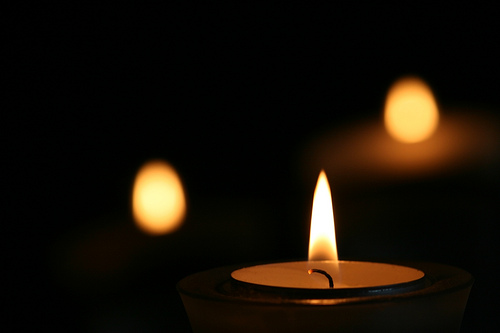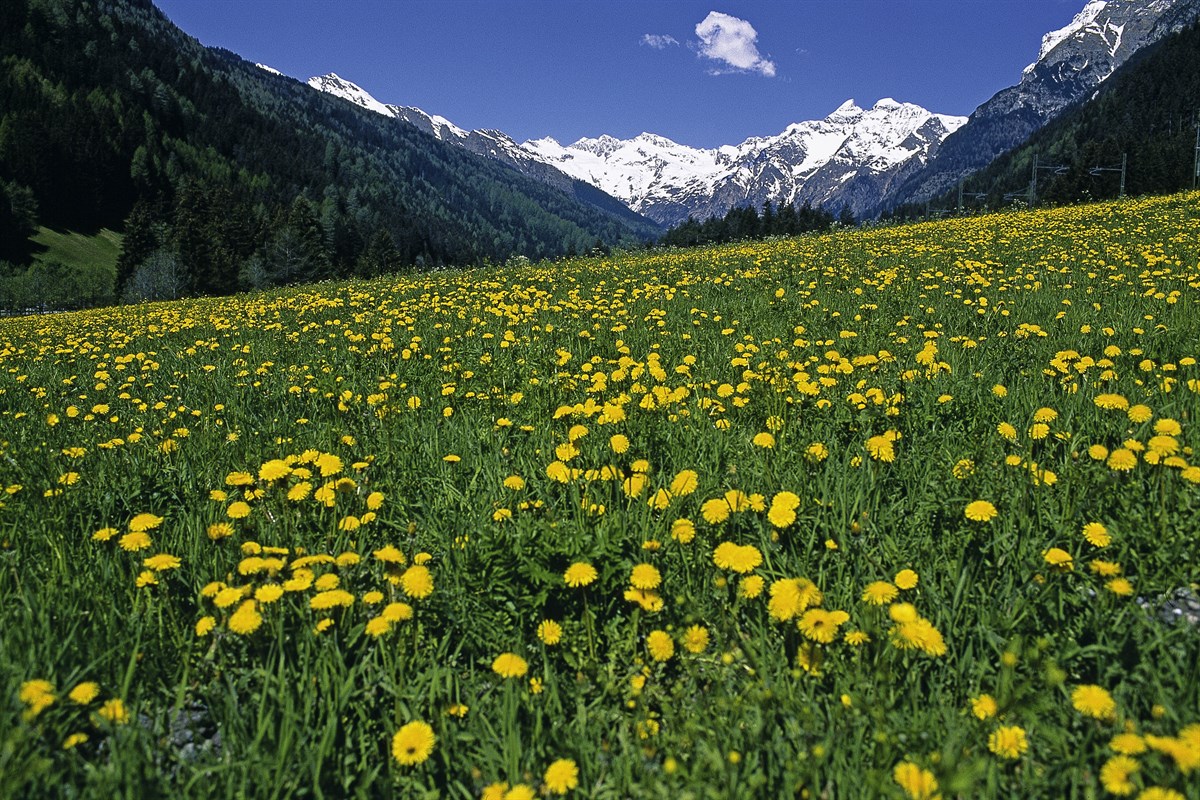All Aboard! Five Pieces Inspired by Trains
Music reflects the sounds of the time. In the Middle Ages and Renaissance, music was centered around the human voice and the motion of the body through dance. Music of the eighteenth century emerged from the pastoral sounds of nature, hunting horns, and the bugle calls of the battlefield. Throughout the nineteenth and twentieth centuries, music got louder and more discordant amid the mechanized roar of the Industrial Revolution. Perhaps electricity and computers inform …




